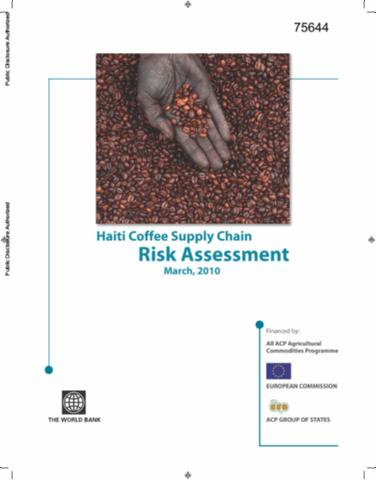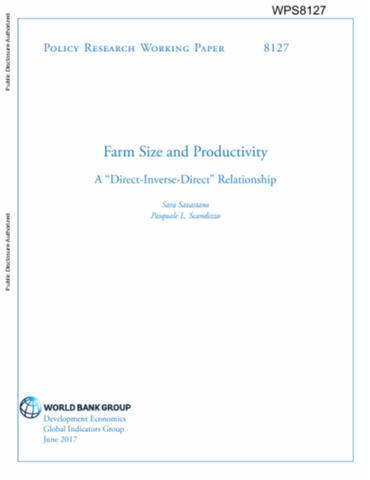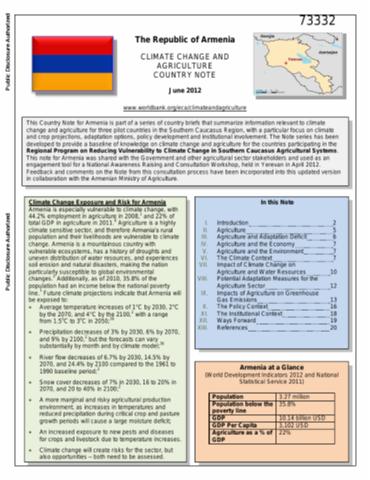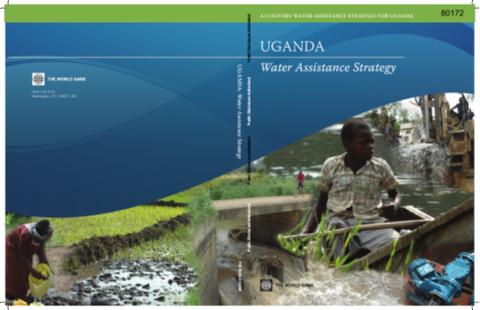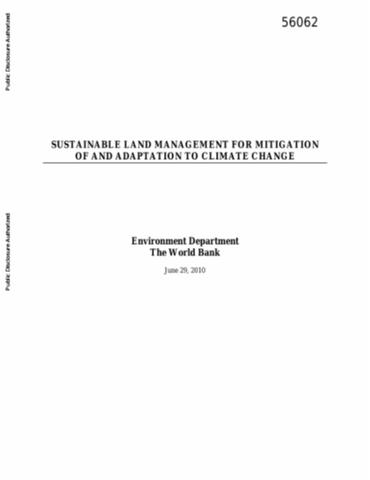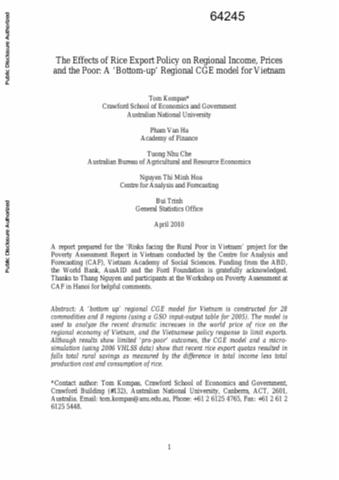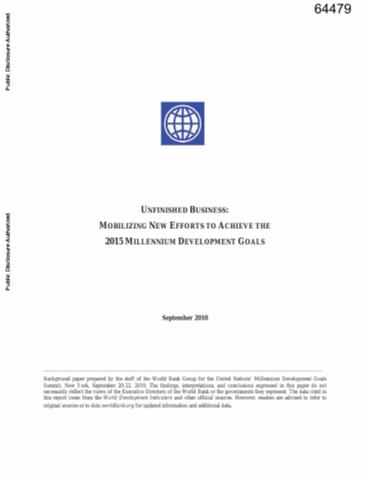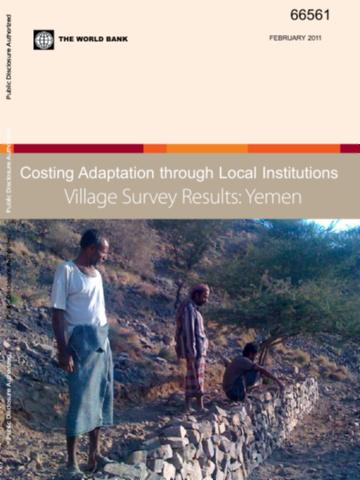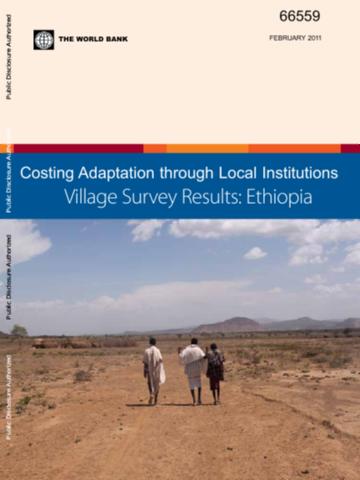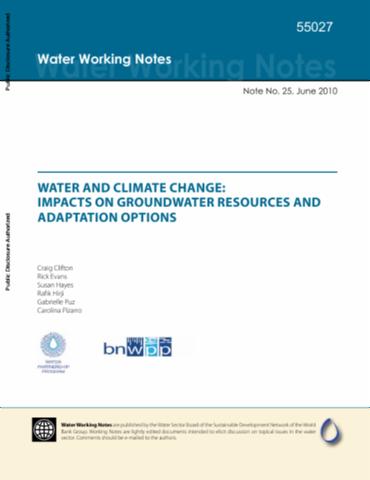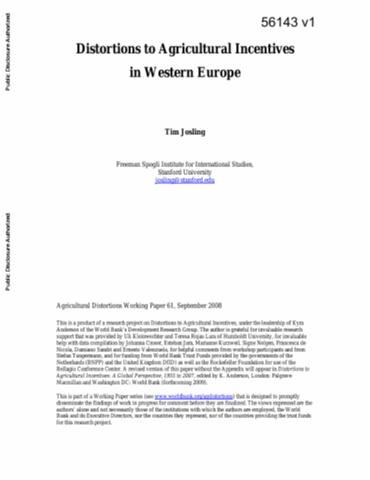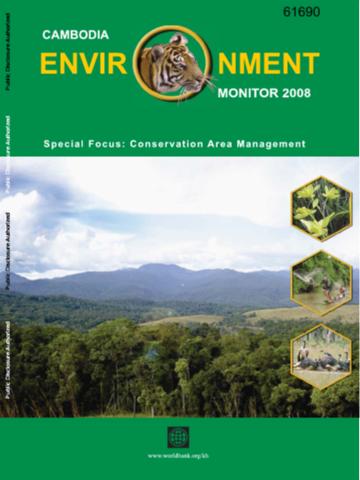Haiti Coffee Supply Chain Risk Assessment
Coffee is an ecologically and economically significant crop for Haiti. It is not only the main source of income for more than 100,000 farmers, but the coffee ecosystem also sustains a large part of the remaining tree cover (currently at less than 1.5 percent of land) of the country. This report does not aim to detail the structural constraints impacting upon the Haitian coffee sub-sector.

